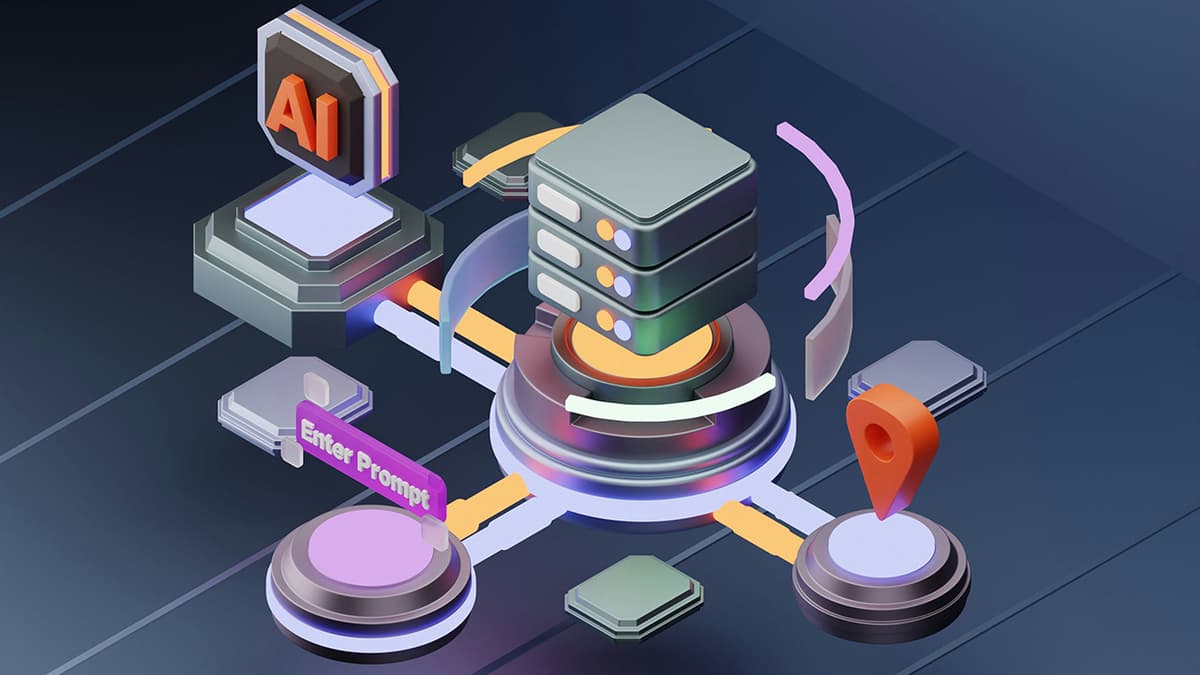The Role of Artificial Intelligence in Security
Ensuring the security of data and systems is a significant concern for individuals and organizations. With the rise of cyber threats, traditional security measures are often insufficient. AI enhances the field of security by offering advanced capabilities for detection, prevention, and response strategies.
AI-powered security systems use machine learning algorithms and deep neural networks to analyze vast amounts of data, identify patterns, and make real-time decisions. These systems can detect anomalies, predict potential threats, and autonomously respond to incidents. Here are some key aspects of AI in security:
1. Threat Detection and Prevention
AI plays a vital role in threat detection and prevention. It analyzes network traffic, user behavior, and system logs to identify potential security breaches. Continuous monitoring allows AI algorithms to detect patterns linked to known attacks and recognize previously unseen threats.
2. User Authentication
User authentication is crucial for maintaining security. AI enhances this process through biometrics and behavioral analysis. Techniques like facial recognition, voice recognition, and fingerprint scanning provide reliable identification methods to improve security.
3. Vulnerability Management
Identifying and patching vulnerabilities is essential for strong security. AI facilitates vulnerability management by automatically scanning systems and networks for weaknesses. It analyzes code and configurations to find vulnerabilities that traditional methods might miss, allowing organizations to address these issues proactively.
4. Incident Response and Forensics
AI supports incident response and forensics during security events. AI systems can analyze security logs and network traffic to trace the origin of an attack, assess its impact, and suggest remediation measures. Automation of these processes speeds up response times and helps organizations recover effectively from breaches.
5. Threat Intelligence
AI aids in gathering and analyzing threat intelligence to bolster security strategies. By monitoring various data sources, AI can identify emerging threats, track threat actors, and provide actionable insights. This helps organizations stay ahead of attackers and protect their systems and data proactively.












